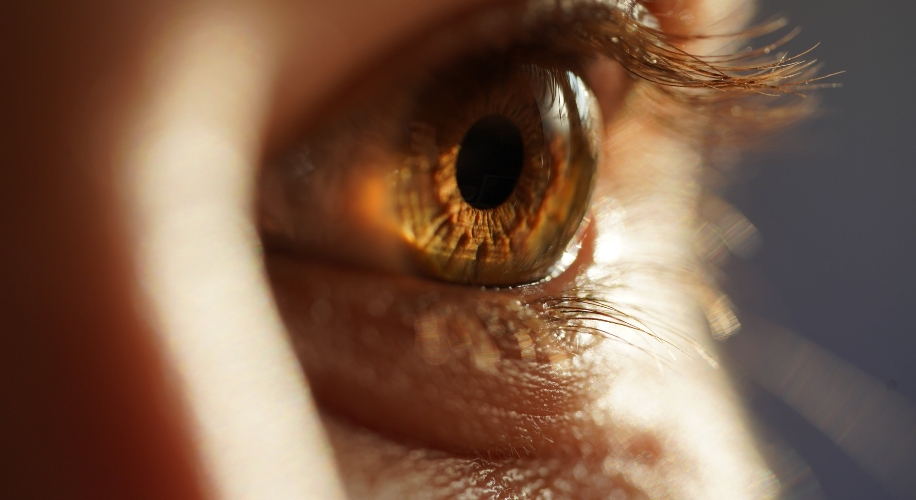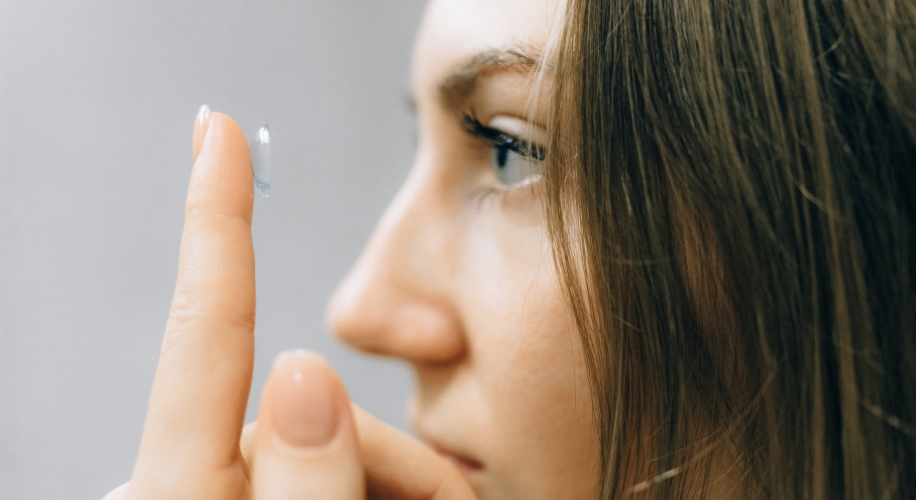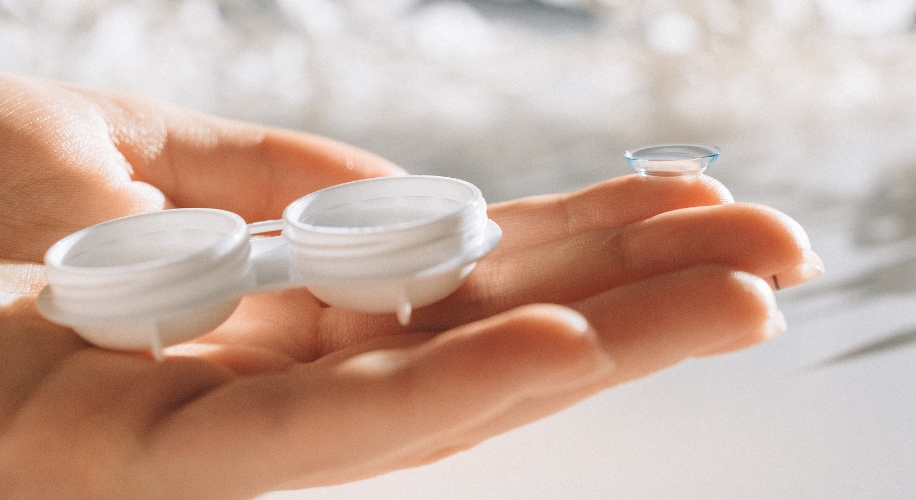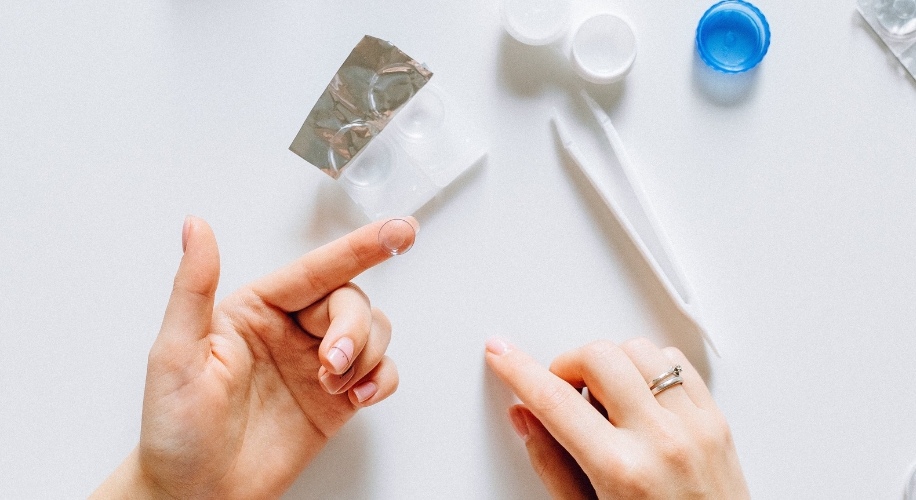Can Crying Affect Your Contacts? Understanding Eye Health
 Photo by Mathias Celis
Photo by Mathias Celis
What’s Inside!
- Tears and Contact Lenses: Tears are essential for eye health, but their interaction with contact lenses, especially emotional tears, can temporarily affect vision and lens comfort.
- Types of Tears: Basal tears nourish the eyes, reflex tears remove irritants, and emotional tears, which are often more watery, can impact how contact lenses feel and function.
- Managing Contacts When Crying: Use contact lens-compatible eye drops to rehydrate eyes after crying, remove lenses during prolonged emotional episodes, and allow time for vision to clear before adjusting lenses.
- Professional Advice for Consistent Issues: If blurred vision or discomfort persists after crying with contacts, seek professional guidance for potential adjustments in lens type or wearing schedule.
When emotions run high, tears are a natural response. But for those of us who wear contact lenses, there’s a common concern: can crying affect our contacts? It’s crucial to understand how our tears interact with our lenses to maintain both good eye health and the integrity of the contacts we rely on. Let’s explore this topic and provide some helpful guidelines for contact lens wearers.
The Impact of Tears on Contact Lenses

Photo by Nataliya Vaitkevich
Our eyes are remarkable organs, capable of expressing emotions and protecting themselves. Tears, though often associated with emotions, serve several vital functions for eye health. They lubricate the eyes, remove irritants, and provide a layer of protection against infections. However, when it comes to contact lenses, the composition and quantity of tears can indeed influence lens performance.
Types of Tears
Understanding the different types of tears can shed light on their interaction with contacts:
- Basal tears: These are constantly present in our eyes, acting as a protective and nourishing film.
- Reflex tears: Triggered by irritants like smoke or onions, these tears help to flush out foreign objects.
- Emotional tears: Caused by feelings of sadness, joy, or frustration, these are the tears we shed when we cry.
Emotional tears can sometimes be more watery than basal tears, which means they have a different composition that can affect contact lenses. An excessive amount of watery tears can lead to a temporary feeling of blurry vision or discomfort while wearing contacts.
Maintaining Contact Lens Integrity During Emotional Moments

Photo by Nataliya Vaitkevich
It’s not uncommon to wonder if your lenses will fall out or if the quality of your vision will be compromised when you cry. Here are some tips to ensure your contacts and eyes remain in good shape, even when you’re teary-eyed:
- Always use contact lens-compatible eye drops if you need to rehydrate your eyes after a good cry.
- Consider stepping out to remove your lenses if you anticipate a prolonged emotional episode to avoid potential discomfort.
- If you experience blurred vision with contacts after crying, give your eyes a moment to clear before adjusting your lenses.
Keep in mind that contact lenses are designed to handle the natural moisture in your eyes. A few tears won’t normally damage them or significantly impact their function. However, maintaining proper lens hygiene and eye health is crucial, especially when introducing additional fluids to the eye’s environment.
When to Seek Professional Advice

Photo by Nataliya Vaitkevich
Occasionally, the interaction between tears and contact lenses may cause more than just temporary discomfort. Here’s when you should consider reaching out for professional guidance:
- If you consistently experience blurred vision with new contacts after crying, it may indicate an ill-fitting lens or a reaction to the lens material.
- Persistent discomfort, even after tears have subsided, can be a sign of a more serious issue, such as a scratched cornea.
- Changes in tear composition, which can result from various health conditions, might necessitate a different type of contact lens or a revised wearing schedule.
If you find yourself frequently in situations where you’re crying while wearing contacts, it’s worth discussing with an eye care professional. They can advise whether your current lenses are the best choice for your eyes’ needs or if you should consider different types of lenses.




 United States
United States